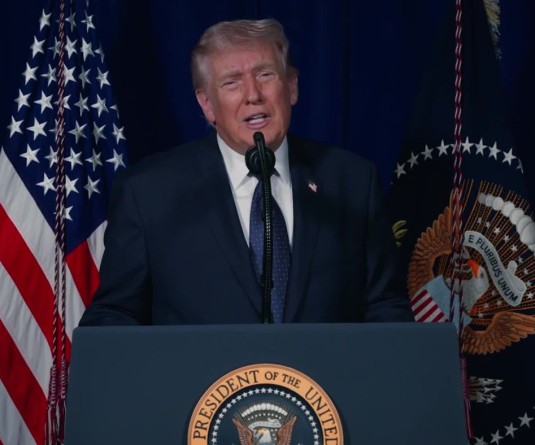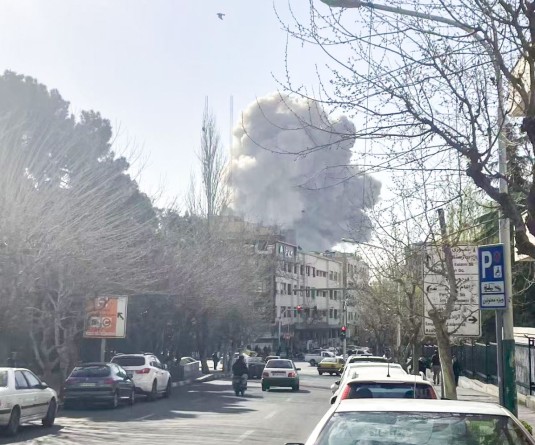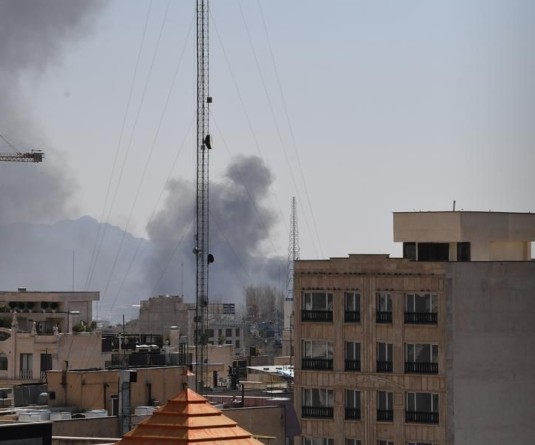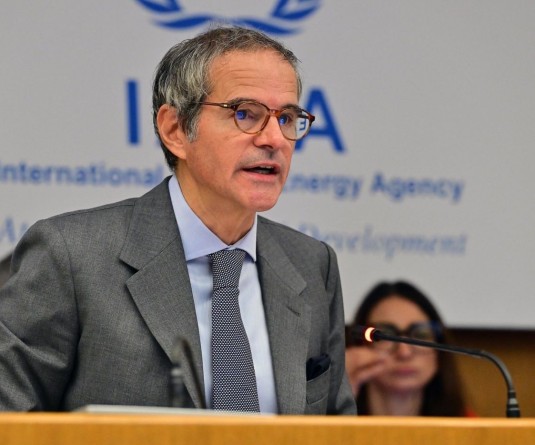
BEIJING, April 7 (Reuters): The Chinese government said on Thursday detained artist and activist Ai Weiwei was being investigated for "suspected economic crimes," while his family said he was the innocent victim of a political witchhunt.
The confirmation from the Foreign Ministry that Ai faces a police investigation for alleged business-related crimes is unlikely to end the international uproar about his secretive detention, and the departing U.S. ambassador to Beijing, Jon Huntsman, added his voice to the condemnations.
Burly, bearded Ai Weiwei (pronounced "eye way-way") had a hand in designing the Bird's Nest stadium for the 2008 Beijing Olympics, and has juggled a prominent international art career with colorful campaigns against government censorship and political restrictions, often using the Internet.
"It's my understanding that the public security authorities are investigating Ai Weiwei according to law on suspicion of economic crimes," Foreign Ministry spokesman Hong Lei told a regular news conference. He brushed off Western governments' criticisms. "China is a country ruled by law and will act according to law. We hope that the countries concerned will respect China's decision," he said. "This has nothing to do with human rights or freedom of expression."
Hong's brief comments about the investigation echoes an earlier report from the official Xinhua news agency. Neither he nor Xinhua gave details of the allegations against Ai, who was stopped on Sunday from boarding a flight from Beijing to Hong Kong and taken away by police, sparking condemnation from Western governments and Chinese human rights campaigners. He has not contacted his family since then.
"The economic crimes report is absurd, because the way he was taken and then disappeared shows it's nothing of the sort," Ai's older sister, Gao Ge, told Reuters by telephone. "This is more like a crime gang's behavior than a country with laws," she said.
U.S. Ambassador Jon Huntsman, who is soon leaving his post to consider a run as a Republican presidential contender, joined the fray earlier, another sign the case could fester into a diplomatic row between the world's two biggest economies. "The United States will never stop supporting human rights," Huntsman said in a speech in Shanghai on Wednesday evening.
Future U.S. ambassadors "will continue to speak up in defense of social activists, like Liu Xiaobo, Chen Guangcheng and now Ai Weiwei, who challenge the Chinese government," said Huntsman, according to a transcript on the website of the U.S. consulate in Shanghai (here).
The confirmation from the Foreign Ministry that Ai faces a police investigation for alleged business-related crimes is unlikely to end the international uproar about his secretive detention, and the departing U.S. ambassador to Beijing, Jon Huntsman, added his voice to the condemnations.
Burly, bearded Ai Weiwei (pronounced "eye way-way") had a hand in designing the Bird's Nest stadium for the 2008 Beijing Olympics, and has juggled a prominent international art career with colorful campaigns against government censorship and political restrictions, often using the Internet.
"It's my understanding that the public security authorities are investigating Ai Weiwei according to law on suspicion of economic crimes," Foreign Ministry spokesman Hong Lei told a regular news conference. He brushed off Western governments' criticisms. "China is a country ruled by law and will act according to law. We hope that the countries concerned will respect China's decision," he said. "This has nothing to do with human rights or freedom of expression."
Hong's brief comments about the investigation echoes an earlier report from the official Xinhua news agency. Neither he nor Xinhua gave details of the allegations against Ai, who was stopped on Sunday from boarding a flight from Beijing to Hong Kong and taken away by police, sparking condemnation from Western governments and Chinese human rights campaigners. He has not contacted his family since then.
"The economic crimes report is absurd, because the way he was taken and then disappeared shows it's nothing of the sort," Ai's older sister, Gao Ge, told Reuters by telephone. "This is more like a crime gang's behavior than a country with laws," she said.
U.S. Ambassador Jon Huntsman, who is soon leaving his post to consider a run as a Republican presidential contender, joined the fray earlier, another sign the case could fester into a diplomatic row between the world's two biggest economies. "The United States will never stop supporting human rights," Huntsman said in a speech in Shanghai on Wednesday evening.
Future U.S. ambassadors "will continue to speak up in defense of social activists, like Liu Xiaobo, Chen Guangcheng and now Ai Weiwei, who challenge the Chinese government," said Huntsman, according to a transcript on the website of the U.S. consulate in Shanghai (here).






